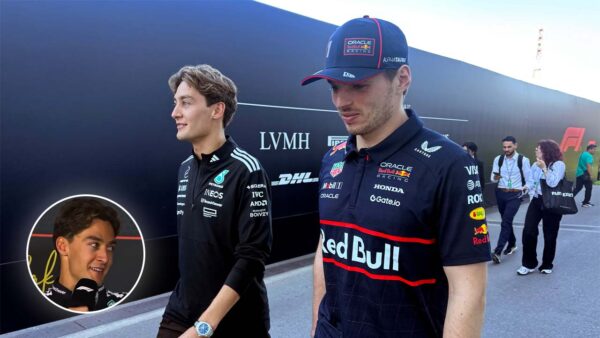Should Formula 1 make two pitstops mandatory for a Grand Prix?
F1 has a mandatory rule that every driver must pit at least once before the end of their race.
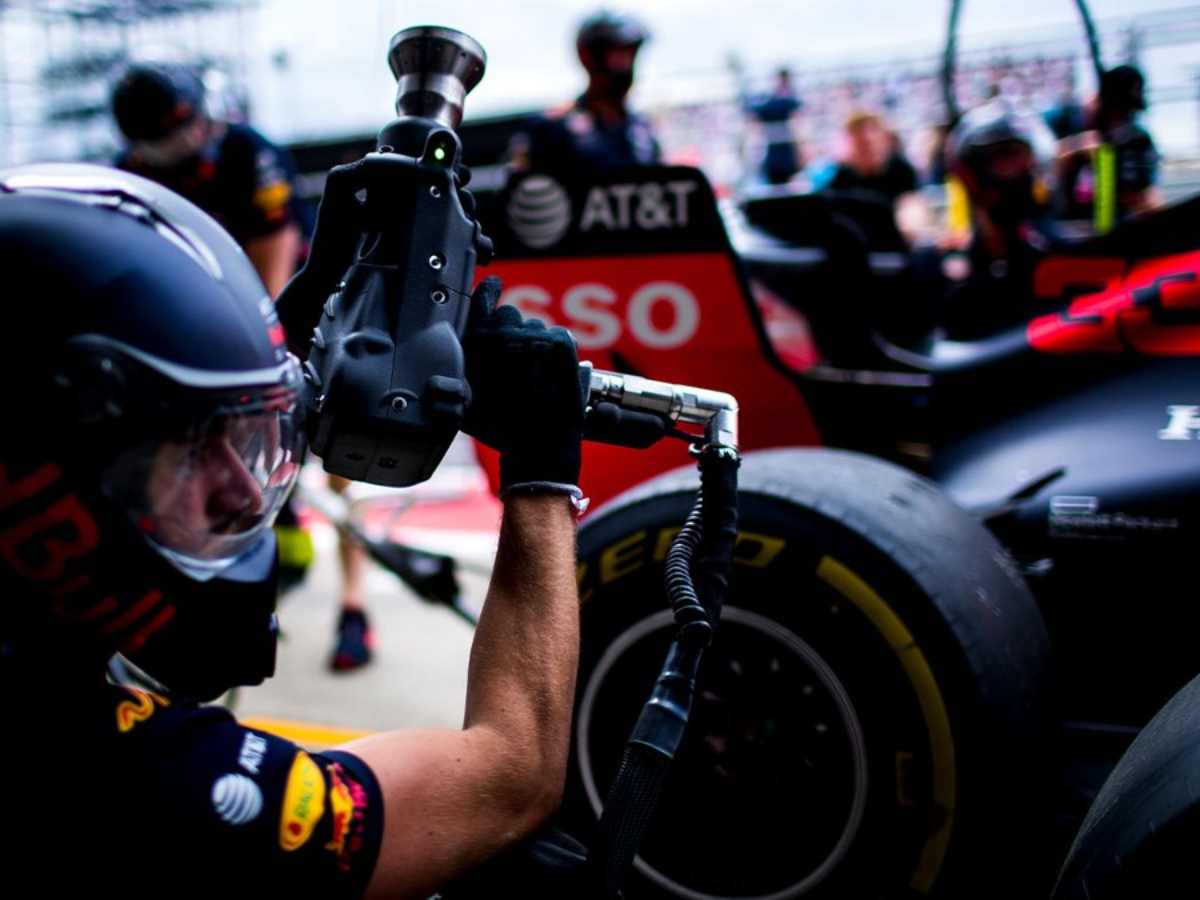
Red Bull pitstop (Credits: F1.com)
🔍 Explore this post with:
Formula 1, famed for its combination of high-speed action and strategic brilliance, is always looking for new ways to increase the sport’s excitement and unpredictability. One idea that has prompted heated controversy among racing fans is the implementation of mandatory two-pit-stop regulation. If implemented, this rule change can potentially transform the dynamics of Grand Prix races.
It is common knowledge that every driver has to pit mandatorily at least once during a race. Having the fastest pit stops of the day can change the whole race for a driver. But the addition of one more required pit stop may change race outcomes. Examine the probable consequences of this rule change, including strategic and logistical, about the possible ramifications and the influence on the sport’s future.
Discover: Top 10 fastest pit stops in F1
What would it mean for F1?
1. Teams’ strategic brilliance could be put to the test
Formula One’s core rests not only in the raw speed and ability demonstrated on the track but also in the intricate strategies laid out by teams. Adding two mandated pit stops will bring a new strategic brilliance to the sport, enthralling racing fans worldwide.
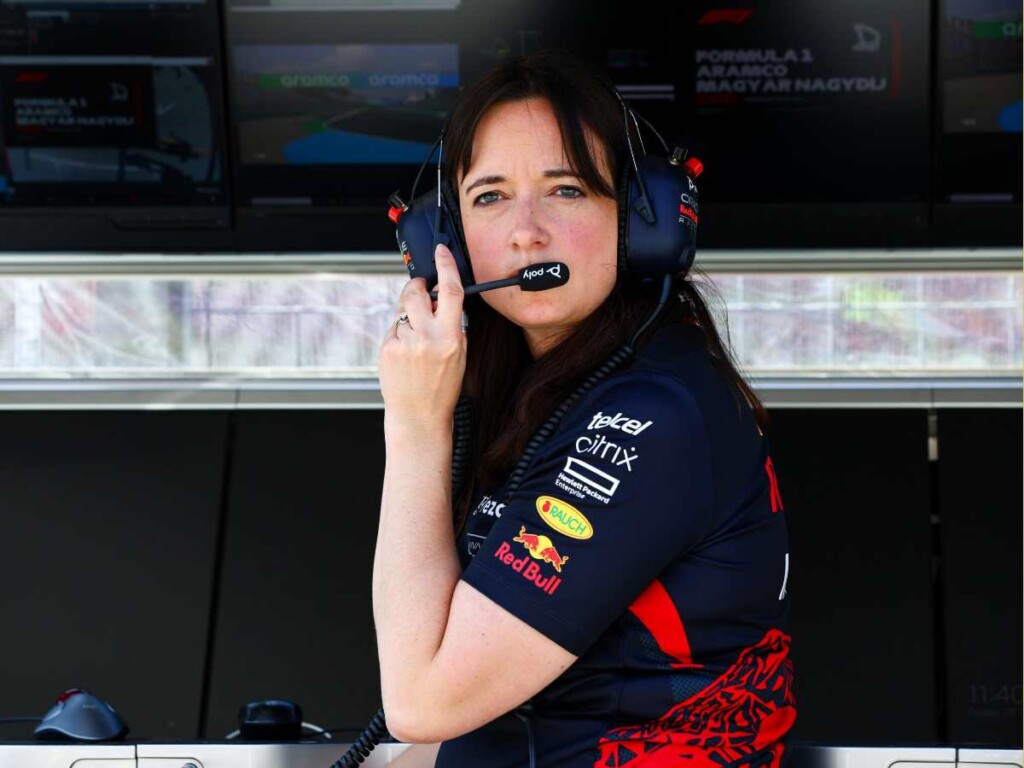
This rule modification would force teams to stretch their creative muscles and design novel racing strategies. The rivalry would go beyond basic driving ability and into a war of wits and strategies. To optimize their pit stop plans, teams must carefully analyze race conditions, tire wear, and fuel use, among other considerations. And since teams are provided only a certain number of tires, it would require them to strategize their tire usage based on that as well.
The potential of teams outwitting one another in the strategic sphere adds another dimension of interest to Formula 1. It would ignite heated rivalries and clever gambles as teams sought to gain a competitive advantage by perfectly timing their pit stops.
2. Overtaking opportunities might increase
Adding two mandated pit stops in the Formula One Grand Prix would surely create additional opportunities for overtaking. Additional pit stops would let drivers use fresher tires throughout the race, creating exhilarating possibilities for daring passes and violent wheel-to-wheel fights.
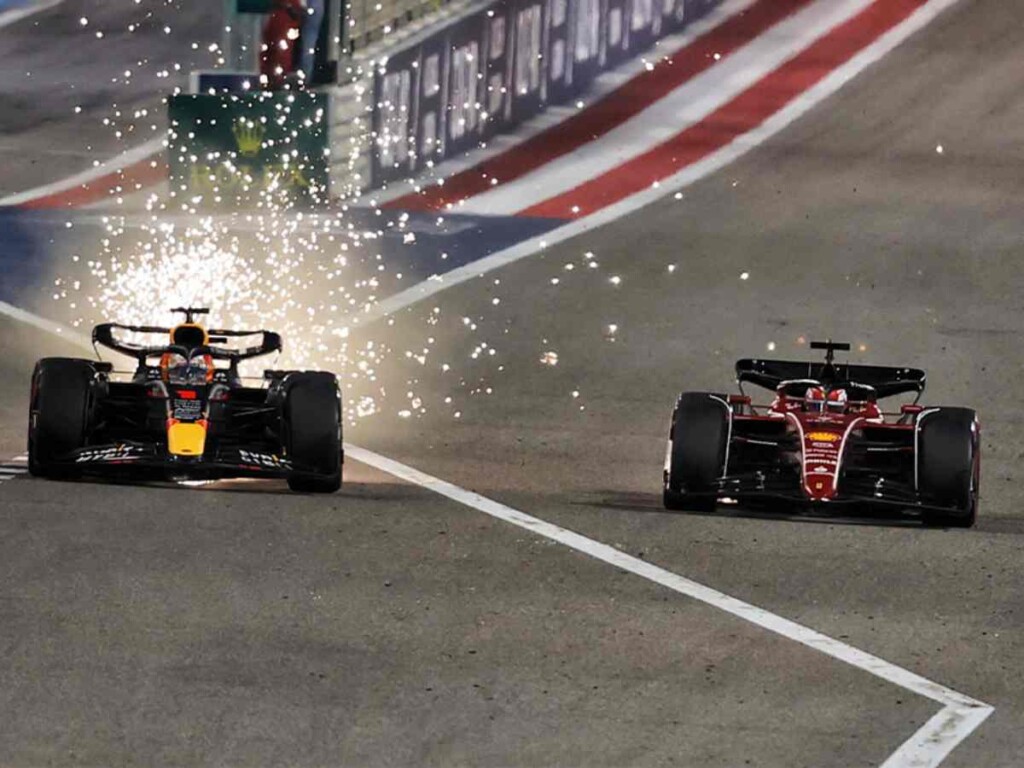
As cars equipped with fresh rubber rejoin the race after a pit stop, they gain a huge advantage over competitors who may be suffering from worn-out tires. This dynamic fluctuation in tire performance provides an excellent chance for drivers to take advantage of the situation and conduct daring overtaking maneuvers.
Because of the increased frequency of pit stops, the grid would constantly change, with cars using different tire strategies vying for position. This unpredictability adds an element of excitement to each race as viewers anticipate the strategic clashes taking place on the track.
3. Increased unpredictability and varied outcomes
The unpredictable nature of Formula One is one of its most intriguing characteristics, and the inclusion of two required pit stops will accentuate this exhilarating dynamic. The inclusion of new factors to the race would make forecasting the final conclusion more difficult, keeping viewers on the edge of their seats until the very last lap.
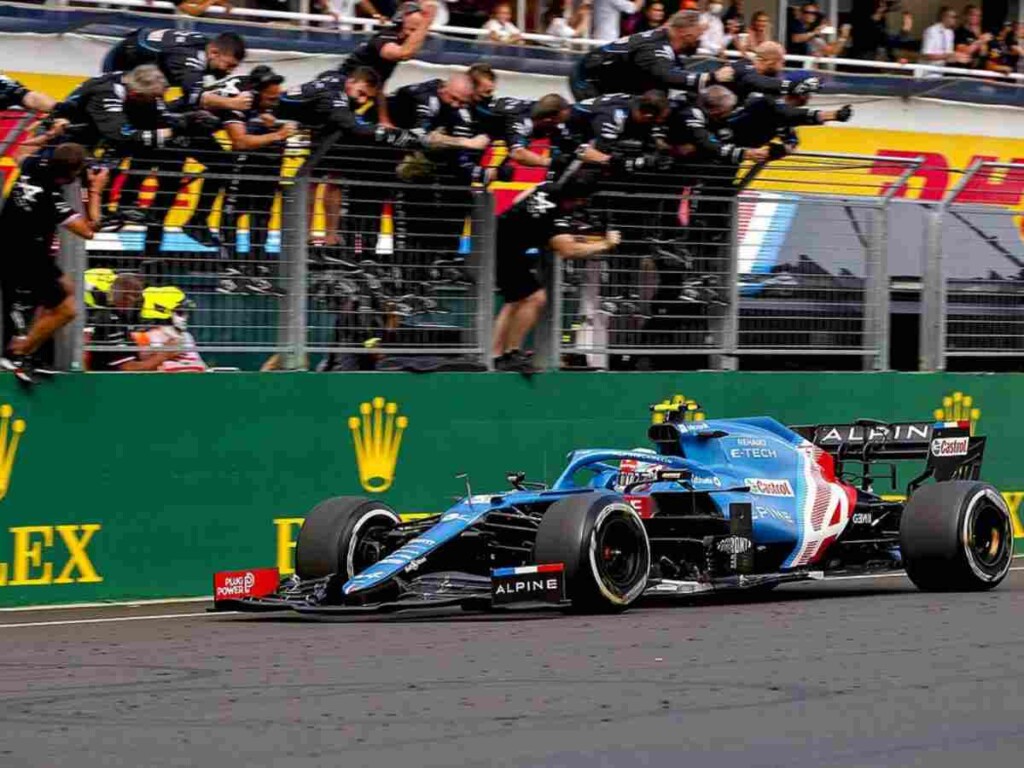
Unpredictability is brought about by various variables, including tire deterioration, changeable weather conditions, and strategic decisions made by teams during pit stops. With two mandatory pit stops, race dynamics would vary continuously as teams adjusted their plans to maximize their chances of success.
Furthermore, the possibility of red flags or safety car periods adds another degree of unpredictability. Unexpected incidents can drastically alter the course of the race, and teams who deliberately arrange their pit stops to coincide with these interruptions have historically gotten significant benefits.
Two mandated pit stops might level the playing field by allowing smaller teams to experiment with different strategies. This regulation change would allow underdog teams to challenge the established order and maybe achieve greater results, fostering competitiveness and injecting new life into the sport.
4. Promoting drivers’ skill and versatility
Adding two mandated pit stops in a Grand Prix would highlight drivers’ talent and adaptability, demonstrating their ability to adapt and respond to evolving race situations. This rule change would allow drivers to display their strategic brilliance and decision-making ability on the track, in addition to demonstrating their raw speed and tire management capabilities.
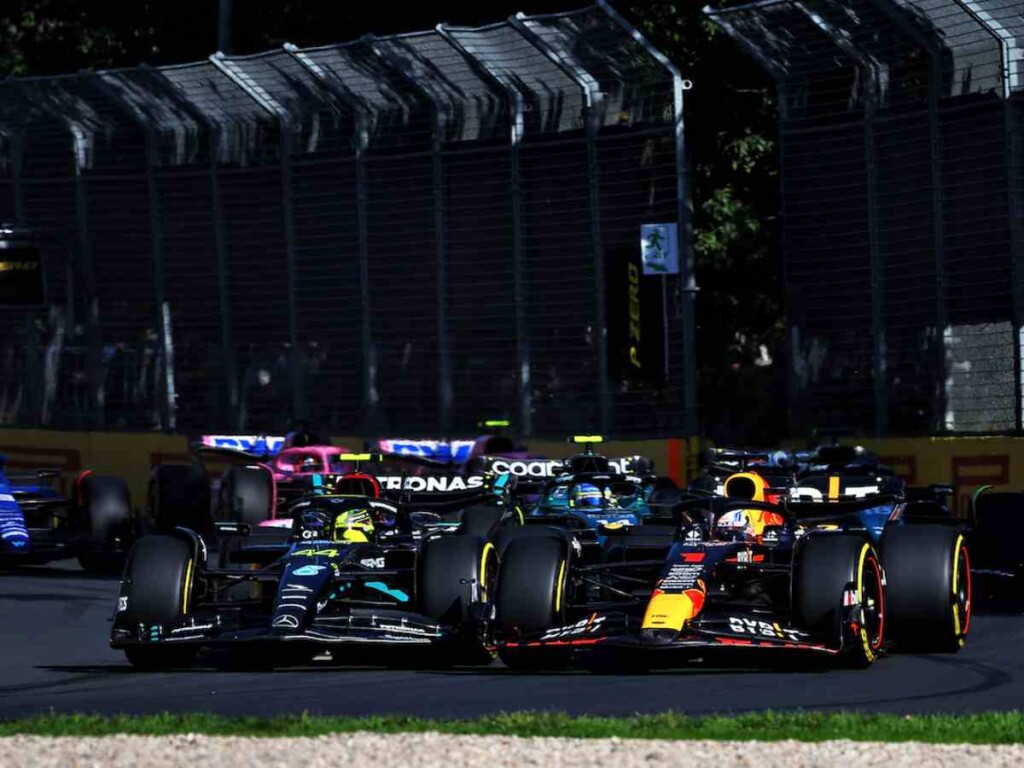
The necessity for two pit stops would force drivers to monitor race factors and make critical choices in real-time continually. They must determine the best time for pit stops based on criteria like tire wear, fuel levels, and overall race strategy. The great drivers will be distinguished by their ability to change their plans and make strategic modifications quickly.
Furthermore, forced pit stops allow drivers to gain an edge through tactical decisions such as undercutting competitors or maximizing the performance of fresh tires. It would need critical thinking, risk assessment, and precise execution of pit stops.
5. Enhanced fan engagement
One of the key drivers of any sport’s success is fan engagement, and a two mandatory pit stop regulation in Formula 1 would significantly enhance the level of involvement and enthusiasm among fans. Introducing this rule change would spark intense discussions, debates, and analysis within the fan community, fostering a deeper connection with the sport.
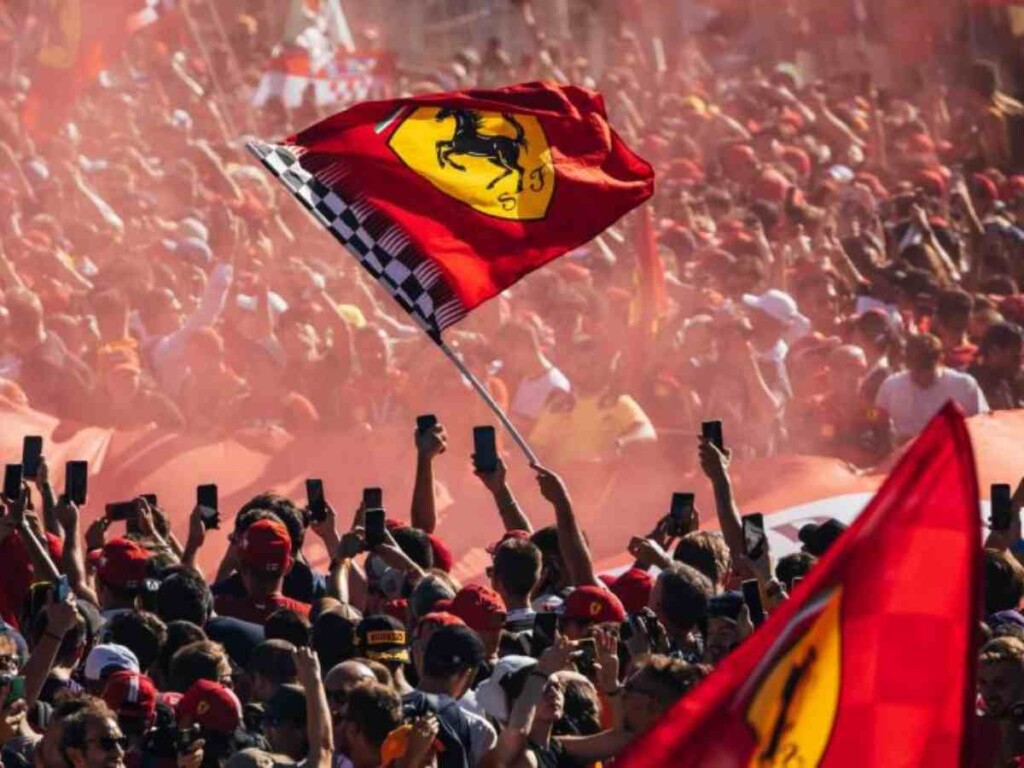
The prospect of two pit stops per race would generate a myriad of strategic possibilities, fueling conversations among fans about the optimal timing and impact of pit stops on race outcomes. Fans would engage in lively debates, sharing their perspectives on team strategies, tire management, and the potential for surprise underdog performances.
This increased fan participation and dialogue would create a vibrant community deeply invested in the sport. Social media platforms, fan forums, and online discussions would buzz with excitement as fans dissect each race and speculate on the implications of mandatory pit stops.
Reasons why F1 might not mandate two pitstops in a single Grand Prix
One of the crucial factors that may deter Formula 1 from implementing a mandatory two-pit stop rule is the environmental impact associated with the increased tire usage and pit stop frequency. And the other reasons would be not to burden the teams and preserve the genuineness of the sport.
Environmental Concerns and carbon footprint
Formula One has been working to lower its carbon footprint by implementing initiatives like using hybrid power units and sustainable fuels. They aim to achieve a net zero carbon emission by 2030. However, increasing the number of pit stops would result in more cars circling the circuit with empty tanks, wasting gasoline. The increased gasoline usage and greenhouse gas emissions might jeopardize the sport’s progress toward sustainability goals.
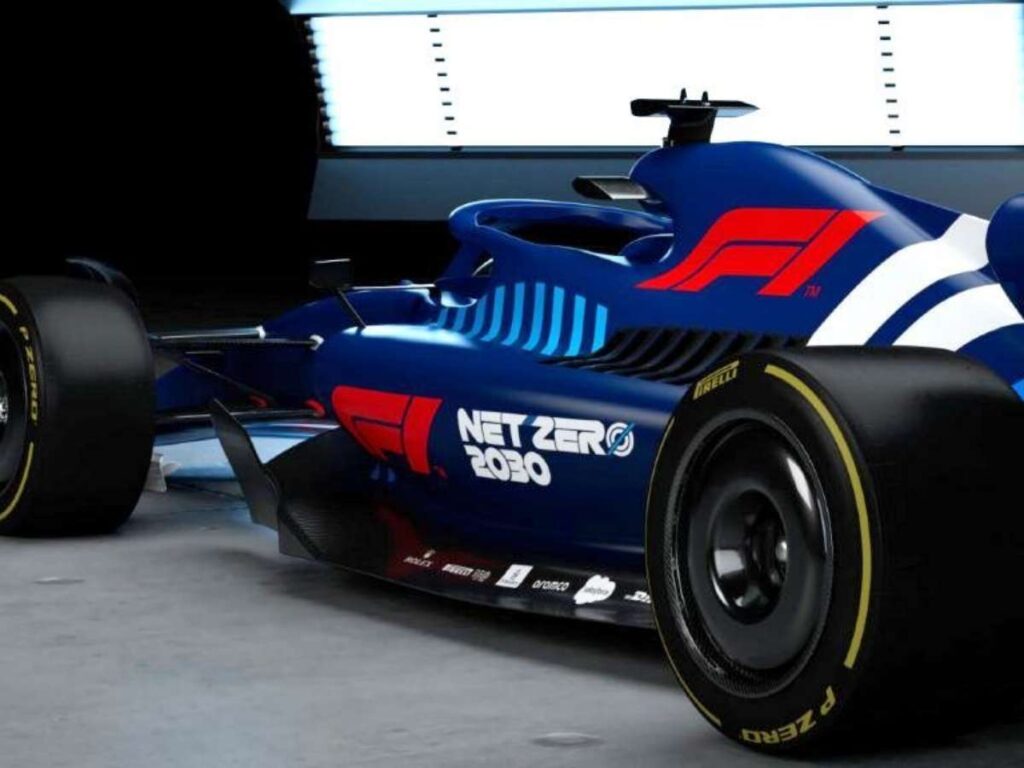
By requiring two pit stops every race, the number of tires utilized during the season would be greatly increased. Formula 1 is already under fire for its environmental impact, and mandating more tire changes will exacerbate the problem. Tyre manufacturing, transportation, and disposal contribute to greenhouse gas emissions, energy usage, and trash generation. Imposing a mandated two-pit stop regulation would compound these difficulties, raising concerns about the sport’s long-term viability.
Preserving the authenticity and overstraining the teams
Making two pit stops mandatory might inject an artificial aspect to racing, detracting from the organic character of competitiveness. Formula One is renowned for its combination of engineering prowess and driver talent, and mandating a set number of pit stops disrupts the race’s natural flow. It might create manufactured circumstances in which teams are compelled to make needless pauses, interrupting the event’s pace and weakening the sport’s integrity.
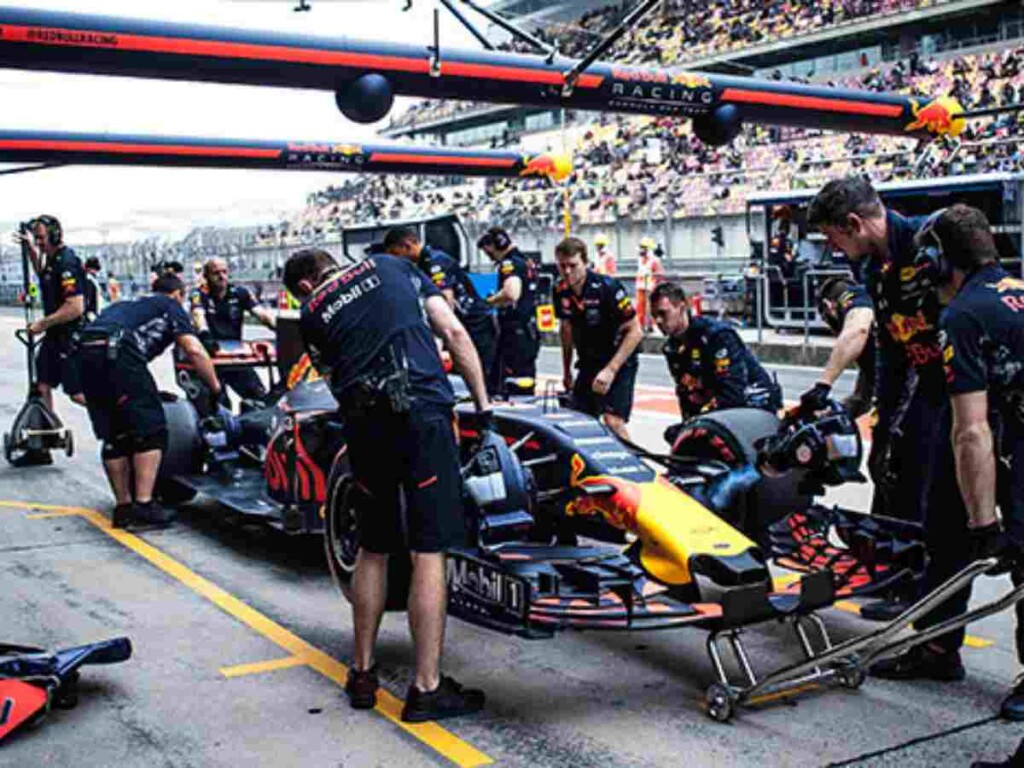
Implementing a necessary two-stop regulation increases the cost strain on teams, particularly smaller and less financially prepared organizations. Teams already make significant investments in building competitive vehicles and managing race operations. Increasing the number of pit stops involves greater expense on tires, staff, and equipment, aggravating the team’s financial differences. This might lead to a bigger performance difference, making it even more difficult for underfunded teams to compete and lowering the sport’s overall competitiveness.
In conclusion, while Formula 1 must carefully balance the need for true rivalry with environmental concerns, including two mandated pit stops might reinvigorate the sport. In an era where dominating teams frequently develop early title leads, this regulation adjustment can make races more exciting and the championship battle more intense. Formula 1 may challenge and highlight their ability and innovation by giving teams and drivers an additional strategic factor to manage. Given the potential benefits to the sport’s competitiveness and spectacle, it may be shrewd for Formula 1 to explore instituting mandated double pit stops, even on a trial basis.
In case you missed it:





